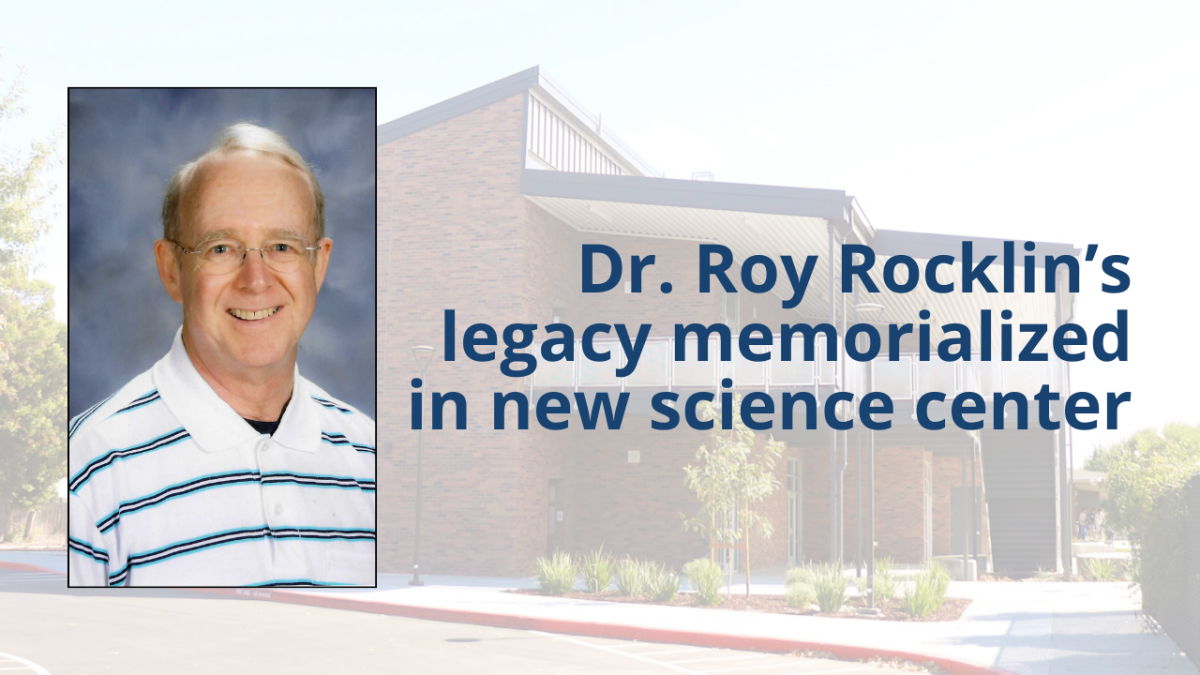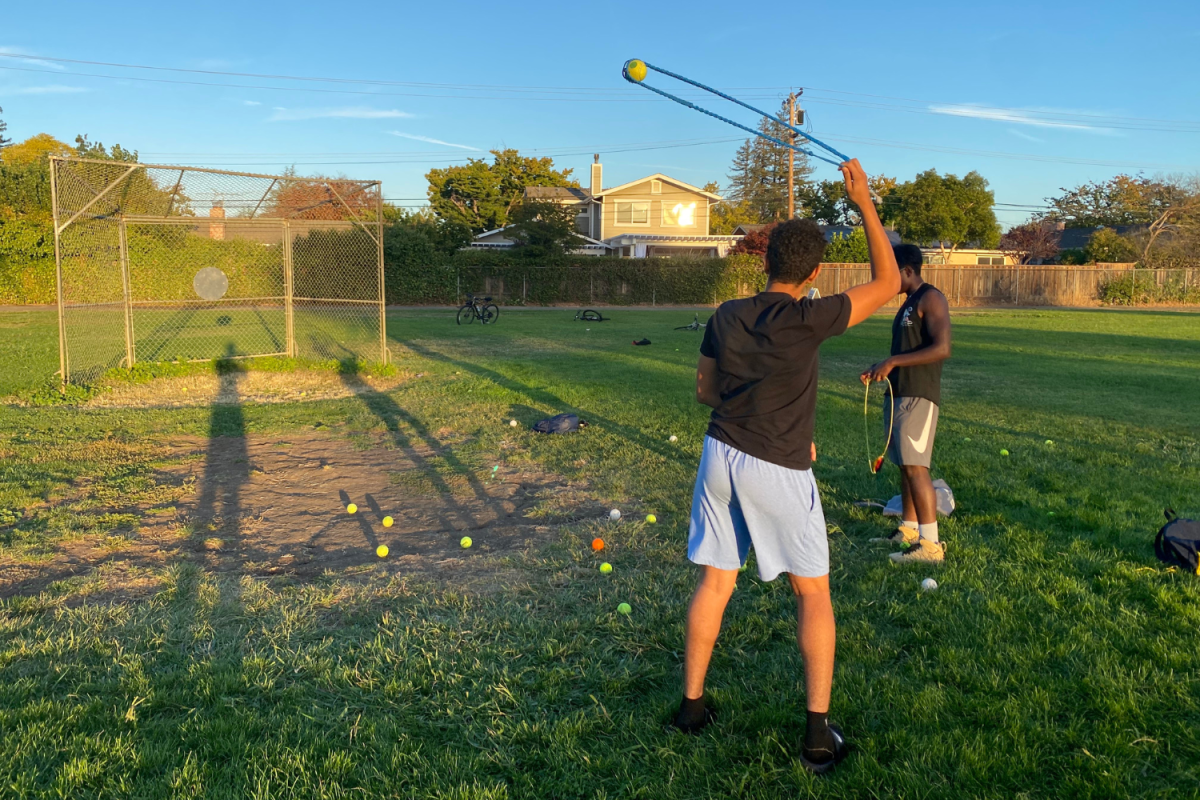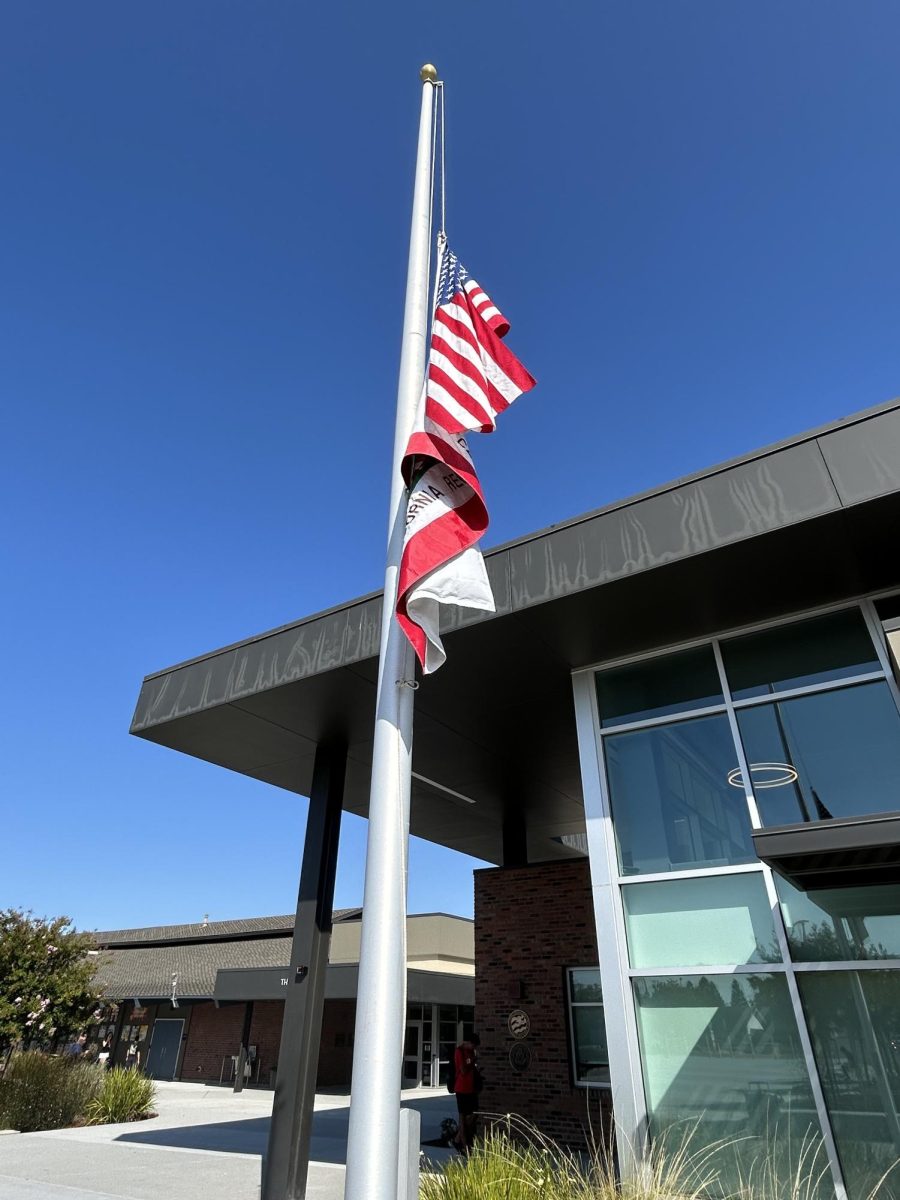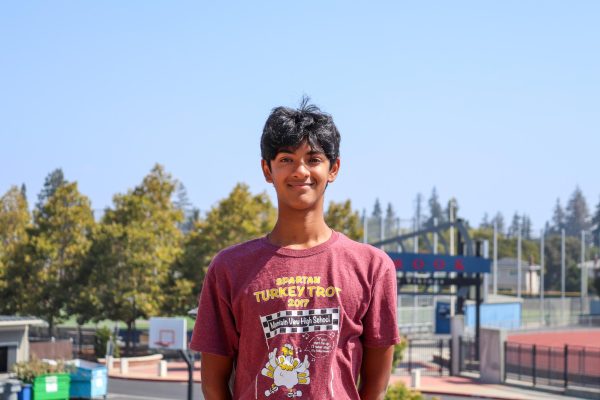If the average person retires in their 60s, why don’t politicians? Recently, older politicians have dominated the world of politics, using their resources and experience to win over younger candidates. However, due to mental and physical health concerns, older candidates are not as fit for these positions as they claim to be. Implementing an age cap and limiting older candidates from holding public offices would benefit citizens by increasing the number of younger politicians in office and therefore putting a greater emphasis on modern issues.
Recent trends show that today’s politicians are older than ever. USA Today finds that the current average age of a member of Congress is 59 years old, an all-time high. Increasingly, many are starting to label the United States government as a gerontocracy — a government controlled by older officials. One of these officials, Former Sen. Diane Feinstein, who served from 1992 until she died in September 2023, was in office until she was 90 years old. While Feinstein was an inspiring politician who set precedent by becoming the first female senator from California, her recent death has reignited the debate about how old politicians should be.
“Due to natural health concerns that come with age, it’s better to have a fit and able president so that their decision-making capabilities are optimal,” senior Anil Duvvuri said.
The fundamental issue with having predominantly older politicians is their unwillingness to focus on modern problems, such as climate change. In a study conducted by Pew Research Center, it was shown that about three-quarters of millennials believe that the climate is the top priority to ensure a sustainable planet, while only around half of people between the ages of 60 and 80 believe the same. While most older politicians claim to have a strategy to combat modern issues, they rarely put their plans into action. For example, Feinstein refused to vote “Yes” on the Green New Deal in 2019 — a bill designed to increase efforts to combat climate change — despite claiming to prioritize the climate during her campaign. In general, older politicians are more resistant to change because they were not affected by the same issues that are considered more pressing today.
“Older politicians can say what they want, but they grew up in a completely different generation and the way that policies affected them versus how they affect us is tremendously different,” Junior State of America officer Kaawon Kim said.
This is a problem because modern issues tend to escalate into more serious issues if not addressed properly. Today’s most pressing issues in the U.S. — healthcare, gun violence and drug addiction — all started as smaller issues in the early 1900s. If we continue to elect old candidates who disregard modern issues, these issues could turn into major problems in the future. However, if we elect younger candidates, such as Rep. Alexandria Ocasio-Cortez and Sen. Jon Ossoff, who are actively working to address modern issues, these issues can be resolved more efficiently.
Because older candidates almost always beat younger candidates, an age cap rule would be the best way to limit the number of older candidates on the ballot. Voters tend to back the candidates with the most experience, who are typically older. In addition, those who run for re-election, like former President Donald Trump and President Joe Biden, have more resources than lesser-known, younger candidates. This causes experienced candidates to get re-elected, and younger candidates to continue to lose. This vicious cycle needs to be stopped in order to improve the chances of younger candidates in elections, but it would be difficult to change without an age restriction on older candidates.
“Before running on the national scene, candidates need to build name recognition and a fundraising base, which is something that benefits those who have been in politics longer,” Saratoga Mayor Kookie Fitzsimmons said.
Implementing an age cap rule would lower the average age of politicians and benefit young candidates in elections, who provide a fresh perspective on modern issues and are more mentally and physically capable than older candidates. While they may not be as experienced, young candidates are adaptable and can relate with the general public more effectively. Some may argue that an age cap rule would exclude promising candidates from running, but these candidates would still have over 30 years of their lives to run for other government positions.
“It’s important to understand that if you’re a politician over 60 years old, you’ve had 25-30 years to run for positions of power,” Kim said. “If you don’t get elected, it may be disappointing, but we need to give younger people the chance to get elected as well.”
While the majority of older politicians experience mental and physical decline after they turn 70 years old, some healthy politicians remain stable throughout their 70s. Many people argue that instituting an age cap would be unfair to these healthy politicians and limit the amount of good candidates running. No matter the age of a candidate, the number one factor to be considered in their campaign should be their competence.
“I think it’s important to have unbiased dialogue about the abilities of older candidates and what they can bring to the job, regardless of their political parties,” Government teacher Mike Williams said.
To ensure that candidates are apt to serve, an age cap should be enacted at about 70 years old — old enough that they have plenty of time to serve in other positions, but not too old that their health interferes with their ability to govern. Although the process of implementing this rule would take time, smaller changes might include age caps for certain positions at the state level or term limits for members of Congress. Any change that limits the number of older politicians would be worth it to allow for younger, more suitable politicians to take on the mantle of leading the country.










































































